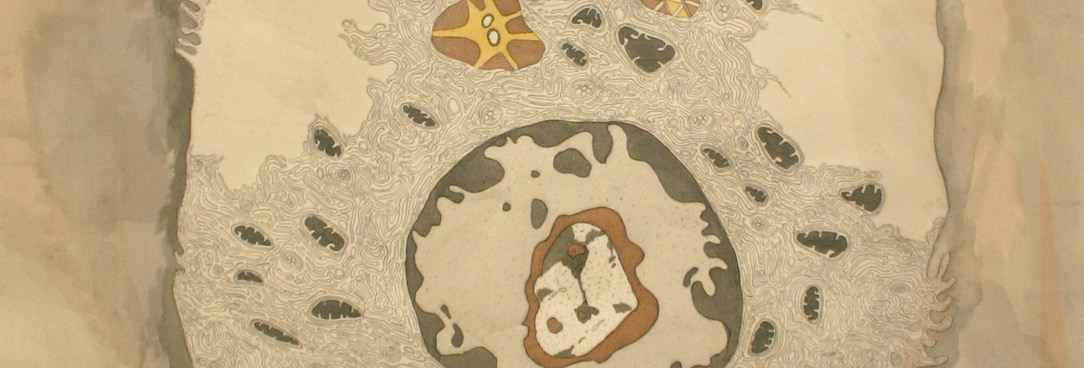
Author: Public Record Office Victoria
On 25 October 2019 the International Council on Archives and the National Archives of Australia held the first Indigenous Summit, See us, Hear us, Walk with us: Challenging and Decolonising the Archive, led by the ICA’s Expert Group on Indigenous Matters (EGIM) at Tandanya National Aboriginal Cultural Centre in Adelaide, held on Kaurna traditional land.
The EGIM was established in 2018 and includes members and representatives from Australia, New Zealand, Canada, Norway, the United States, Japan, Peru and Chile.
The summit sought to:
- Identify key issues faced by Indigenous peoples and archives;
- Examine options to develop a proactive international agenda for preserving Indigenous language and oral history;
- Explore the vital role of archives in supporting truth-telling and reconciliation; and
- Consider approaches to re-designing archives to support decolonisation.
Summit attendees from around the world included archivists, record-keepers, librarians, curators and community organisations.
At the summit conclusion the EGIM presented the Tandanya Adelaide Declaration – the first international archives declaration on Indigenous people and matters – to David Fricker the President of the International Council on Archives. The declaration calls on the jurisdictional archives of the world to acknowledge and adopt themes and commitments of the declaration for immediate action.
The declaration identifies five areas for proactive action:
- Knowledge authorities;
- Property and ownership;
- Recognition and identity;
- Research and access; and
- Self-determination.
David Fricker, in accepting the Declaration, advised that "the declaration presents the opportunity for archives of the world to work respectfully through past, current and emerging complexities and challenges, towards recognition and confirmation of the place and rights of Indigenous peoples in the world and archives".
The declaration was signed by all summit attendees, including representatives from Public Record Office Victoria (PROV), and is held by the National Archives of Australia.
Public Record Office Victoria’s response:
PROV supports the themes outlined in the declaration. Our mission to preserve and provide access to the historical memory of Victorian Government puts us in a position of unique responsibility.
The past year has seen us work to strengthen relationships with Aboriginal community groups, increase record access by undertaking further indexing work on the Koorie Index of Names, and support community projects through record digitisation and description. We continue to operate a joint Koorie Reference Service with the National Archives of Australia, providing culturally sensitive support and advice to Aboriginal people wishing to access records relevant to their personal and community histories. The Australian Society of Archivists' (ASA) Indigenous Record Keeping and Archives training has been made available to all PROV staff. This is a small effort to build a more culturally competent workforce.
The anniversary of the declaration is an opportunity to reflect on the work we have done and the work we still need to do to consider how PROV as an organisation can embed principals of Aboriginal self-determination, truth telling and reconciliation within our work.
Material in the Public Record Office Victoria archival collection contains words and descriptions that reflect attitudes and government policies at different times which may be insensitive and upsetting
Aboriginal and Torres Strait Islander Peoples should be aware the collection and website may contain images, voices and names of deceased persons.
PROV provides advice to researchers wishing to access, publish or re-use records about Aboriginal Peoples
